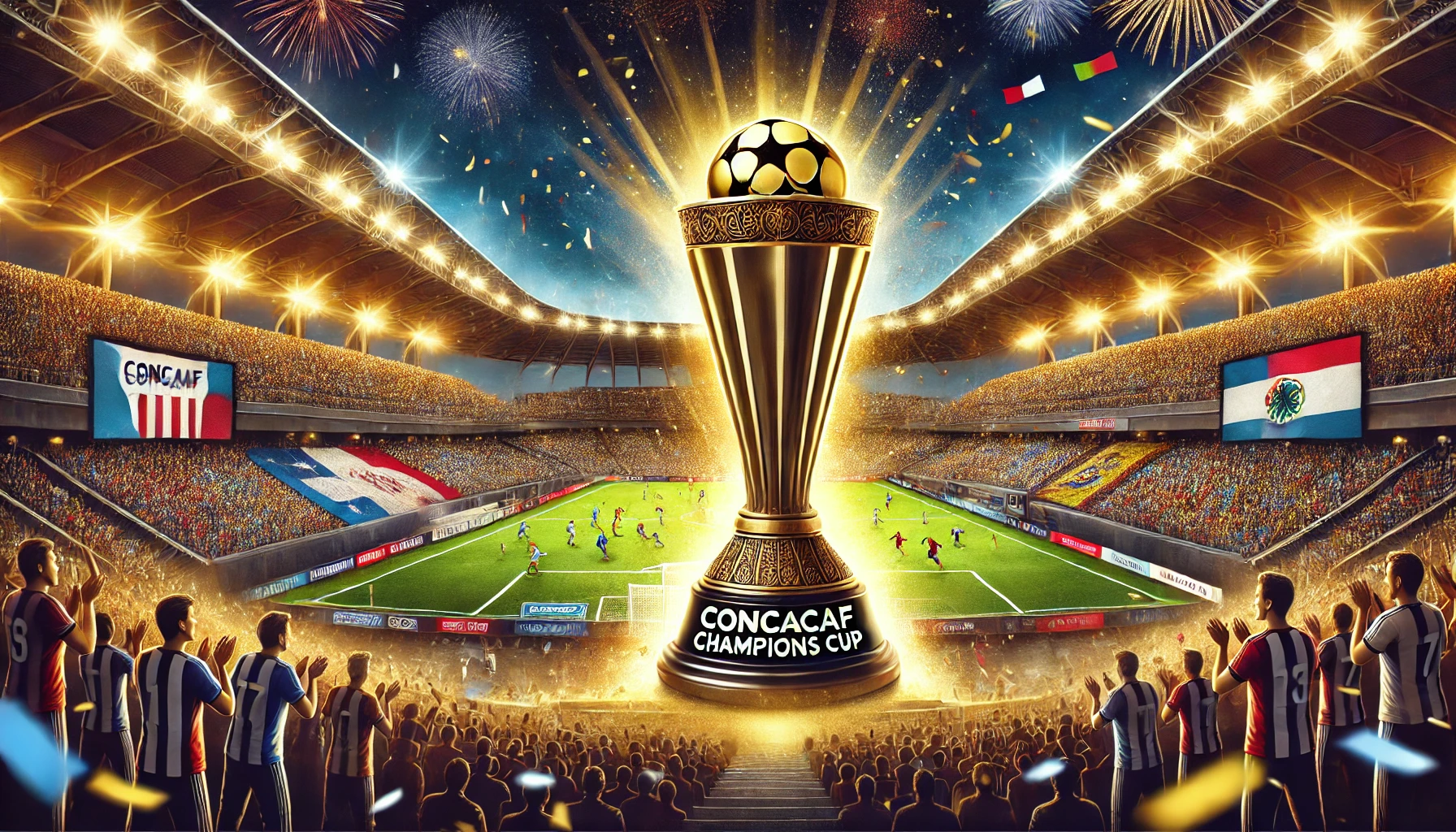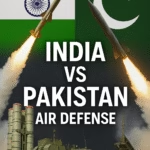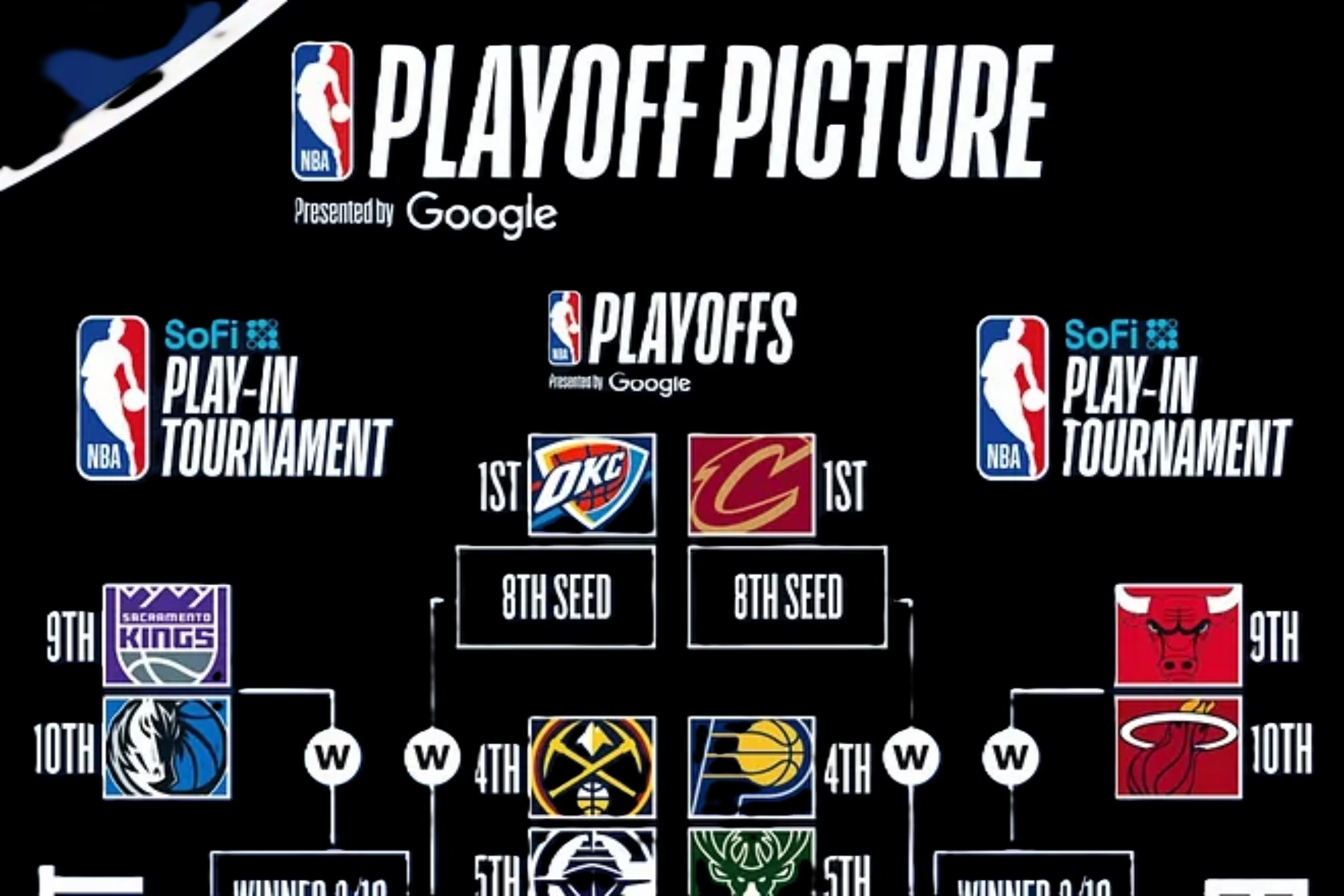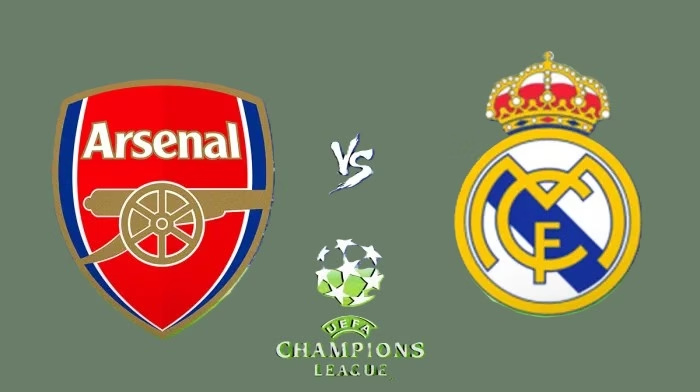Introduction
The CONCACAF Champions Cup is the pinnacle of club football in North America, Central America, and the Caribbean. This prestigious tournament brings together the best teams from across the region to compete for continental glory and a coveted spot in the FIFA Club World Cup. In this comprehensive guide, we’ll explore the history, format, and significance of the CONCACAF Champions Cup, as well as highlight some of the most exciting moments and teams to watch in the 2025 edition.
A Brief History of the CONCACAF Champions Cup
The CONCACAF Champions Cup has a rich history dating back to 1962 when it was first established. Over the years, the tournament has undergone several changes in format and name, reflecting the evolving landscape of football in the region.
From Champions Cup to Champions League and Back Again
From 1962 to 2008, the tournament was known as the CONCACAF Champions Cup. In 2008, it was rebranded as the CONCACAF Champions League, adopting a format similar to its European counterpart. However, in a surprising move, CONCACAF announced in June 2023 that the competition would revert to its original name, the CONCACAF Champions Cup, starting with the 2024 edition.
Evolution of the Format
The tournament has seen various formats throughout its history. In the early years, it featured a simple knockout structure. Later iterations included group stages and different qualifying rounds. The current format, introduced in 2024, features an expanded field of 27 teams competing in a streamlined, all-knockout competition.
Understanding the Current CONCACAF Champions Cup Format
The 2025 CONCACAF Champions Cup follows a straightforward, yet exciting format that promises intense matchups from start to finish.
Five Rounds of Intense Competition
The tournament is composed of five rounds:
- Round One
- Round of 16
- Quarterfinals
- Semifinals
- Final
Home and Away Legs
One of the most thrilling aspects of the CONCACAF Champions Cup is the home-and-away format used in the first four rounds. This setup allows fans from across the region to experience the excitement of continental competition in their home stadiums while also testing teams’ abilities to perform both at home and on the road.
The Grand Finale

Unlike the previous rounds, the CONCACAF Champions Cup Final is a single-leg match played at a predetermined venue. This winner-takes-all showdown adds an extra layer of drama and intensity to the competition’s climax.
Qualification and Participating Teams
The CONCACAF Champions Cup features a diverse array of teams from across the region, representing the best of North American, Central American, and Caribbean football.
Qualification Pathways
Teams can qualify for the CONCACAF Champions Cup through various routes:
- Domestic league performance
- Domestic cup competitions
- Regional tournaments (Leagues Cup, Central American Cup, Caribbean Cup)
Breakdown of Participating Teams
The 2025 CONCACAF Champions Cup includes:
- 6 teams from Liga MX (Mexico)
- 5 teams from Major League Soccer (USA/Canada)
- 2 teams from the Canadian Premier League
- 1 U.S. Open Cup winner
- 1 Canadian Championship winner
- 3 Leagues Cup qualifiers
- 6 Central American Cup qualifiers
- 3 Caribbean Cup qualifiers
This diverse mix of teams ensures that the CONCACAF Champions Cup truly represents the best of football across the entire region.
Key Teams to Watch in the 2025 CONCACAF Champions Cup
As we look ahead to the 2025 edition of the CONCACAF Champions Cup, several teams stand out as potential contenders for the title.
Mexican Powerhouses
Liga MX clubs have historically dominated the competition, and the 2025 edition is likely to see strong performances from teams like:
- Cruz Azul: The Mexico City giants are always a force to be reckoned with in continental competition.
- Club América: With a rich history of success, América will be looking to add another CONCACAF Champions Cup to their trophy cabinet.
- Tigres UANL: Known for their star-studded lineup, Tigres are perennial contenders in the tournament.
MLS Challengers
Major League Soccer teams have been making steady progress in the CONCACAF Champions Cup in recent years. Keep an eye on:
- Seattle Sounders FC: The first MLS team to win the modern version of the tournament, Seattle will be hungry for more success.
- Los Angeles FC (LAFC): With a strong squad and passionate fan base, LAFC could make a deep run in the competition.
- Columbus Crew: The 2020 MLS Cup champions have the talent and experience to compete at the highest level.
Central American Dark Horses
While Mexican and American teams often dominate the headlines, Central American clubs can never be underestimated:
- Saprissa (Costa Rica): With a history of success in CONCACAF competitions, Saprissa is always a threat.
- Olimpia (Honduras): The Honduran powerhouse has the potential to upset bigger teams in the tournament.
The Road to Glory: Navigating the CONCACAF Champions Cup
Success in the CONCACAF Champions Cup requires more than just talent on the field. Teams must overcome various challenges to lift the trophy.
Balancing Domestic and Continental Commitments
One of the biggest challenges for teams in the CONCACAF Champions Cup is managing their squad through a grueling schedule. With matches often falling midweek between important domestic fixtures, coaches must carefully rotate their players to maintain peak performance on multiple fronts.
Adapting to Different Playing Styles
The diversity of teams in the CONCACAF Champions Cup means that clubs must be prepared to face a wide range of tactical approaches. From the technical skill of Mexican sides to the physical play often associated with MLS teams, adaptability is key to success in this tournament.
Overcoming Travel and Climate Challenges
The vast geographical area covered by CONCACAF means that teams often face long journeys and significant changes in climate and altitude. Proper preparation and acclimatization can make the difference between victory and defeat, especially in the crucial away legs of ties.
The Prize: More Than Just a Trophy
Winning the CONCACAF Champions Cup is about more than just regional bragging rights. The tournament offers a pathway to even greater glory on the world stage.
FIFA Club World Cup Qualification
The champions of the CONCACAF Champions Cup earn the right to represent the region in the FIFA Club World Cup. This prestigious tournament brings together the champions of each continental confederation, offering CONCACAF clubs the chance to test themselves against the best teams from around the globe.
Financial Rewards
Success in the CONCACAF Champions Cup also brings significant financial benefits. Prize money, increased exposure, and potential sponsorship opportunities can provide a substantial boost to a club’s finances.
Global Recognition
For players and clubs alike, the CONCACAF Champions Cup offers a platform to showcase their talents on an international stage. Strong performances can lead to increased interest from clubs in other parts of the world, potentially opening doors to lucrative transfers or partnerships.
Memorable Moments in CONCACAF Champions Cup History
The CONCACAF Champions Cup has provided fans with countless unforgettable moments over the years. Here are just a few of the standout memories from the tournament’s rich history:
Cruz Azul’s Dominance in the 1970s
Cruz Azul established themselves as a powerhouse in the early years of the competition, winning three consecutive titles from 1969 to 1971. Their success helped cement Mexican clubs’ reputation as the teams to beat in CONCACAF.
D.C. United’s Breakthrough in 1998
D.C. United became the first MLS team to win the CONCACAF Champions Cup in 1998, defeating Toluca in the final. This victory marked a significant milestone for American soccer and hinted at the growing competitiveness of MLS on the continental stage.
Pachuca’s Dramatic Victory in 2007
The 2007 final between Pachuca and Guadalajara was a classic encounter. After a 2-2 aggregate draw, Pachuca emerged victorious in a thrilling penalty shootout, claiming their second CONCACAF title.
Seattle Sounders Make History in 2022
In 2022, Seattle Sounders FC became the first MLS team to win the modern version of the tournament (then known as the CONCACAF Champions League). Their victory over Pumas UNAM was a watershed moment for American soccer and signaled a potential shift in the balance of power within CONCACAF.
Looking Ahead: The Future of the CONCACAF Champions Cup
As we look to the future, the CONCACAF Champions Cup is poised for continued growth and excitement.
Expanding Competition
With the tournament’s expansion to 27 teams and the introduction of new qualifying pathways, the CONCACAF Champions Cup is set to become even more competitive and representative of the region’s footballing landscape.
Increasing Global Relevance
As the quality of play in CONCACAF continues to improve, the Champions Cup is likely to attract more global attention. This could lead to increased investment, better broadcasting deals, and a higher profile for clubs and players alike.
Potential Format Changes
While the current format has been well-received, CONCACAF has shown a willingness to adapt and evolve the tournament over time. Future editions may see further tweaks to the structure or qualification process to enhance the competition’s appeal and competitiveness.
Conclusion: The Heart of North American Club Football
The CONCACAF Champions Cup stands as the premier club competition in North America, Central America, and the Caribbean. Its rich history, diverse participants, and pathway to global competition make it a tournament that captures the imagination of football fans across the region and beyond.
As we look forward to the 2025 edition and beyond, the CONCACAF Champions Cup promises to deliver thrilling matches, unforgettable moments, and a showcase of the best that North American club football has to offer. Whether you’re a die-hard supporter of a participating team or a neutral fan of the beautiful game, the CONCACAF Champions Cup is a tournament that deserves your attention and promises to reward it with excitement, drama, and world-class football.
Read more at worldsinsight.











